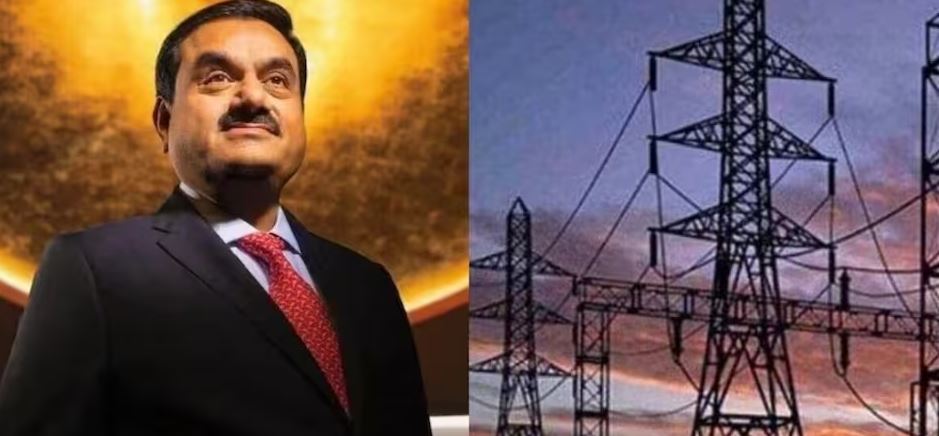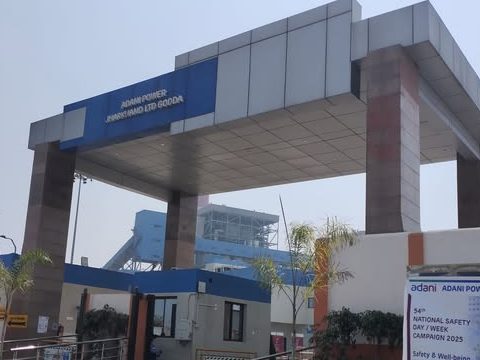Bangladesh has paid $384 million to Adani Power in June, reducing its outstanding dues to around $500 million under a 2017 power deal. The payment covers admitted claims till 31st March. Adani resumed full power supply in March 2025 after earlier cuts. Ongoing talks aim to resolve claimed dues, as Bangladesh faces economic strain and political transition.

In a major step toward clearing its financial backlog, Bangladesh has paid $384 million to Adani Power in June, significantly reducing its outstanding dues under a long-term power supply agreement with the Indian energy giant. The payment, part of a $437 million commitment for the month, covers “admitted” claims up to 31st March, 2025. With this, Bangladesh has now cleared nearly $1.5 billion of the roughly $2 billion total billed amount under the 2017 power deal. However, around $500 million in “claimed” dues still remain unresolved, pending discussions over coal costs and plant capacity calculations.
The power supply agreement, signed in 2017, involves Adani Power’s Godda-based thermal plant in Jharkhand supplying 100% of its electricity output to Bangladesh for 25 years. The deal came under scrutiny following economic setbacks and political upheaval in Bangladesh, including the ousting of Prime Minister Sheikh Hasina in 2024. An interim government led by Nobel laureate Muhammad Yunus has since launched a review of key energy contracts, including this one.
Due to missed payments, Adani Power had cut its electricity supply by half in November 2024. Full supply, i.e roughly 1,600 MW was restored in March 2025 after Bangladesh began making consistent monthly payments. In a relief to Bangladesh, Adani has agreed to waive late payment surcharges totaling around $20 million for the January 2025 to June 2025 period, provided the country continues to meet its payment obligations.

Despite partial repayments, Bangladesh is still grappling with economic stress. The country’s foreign reserves have declined sharply, hindered by soaring import costs, student-led protests, and ongoing political instability. This has made it difficult to pay for essential imports, including electricity, coal, and oil.
To address its economic challenges, Bangladesh has already secured a $4.7 billion bailout package from the International Monetary Fund (IMF) and is now seeking additional support. Meanwhile, the interim administration has initiated the formation of a high-level committee to review power purchase agreements and ensure transparency.
Apart from Adani Power, Indian companies such as NTPC and PTC India also supply electricity to Bangladesh. As the country battles rural power shortages and navigates political uncertainty, resolving dues and renegotiating energy contracts will remain high on the government’s agenda.
Also Read: Hindalco’s Journey: From a Vision in 1958 to a Global Metals Powerhouse
Also Read: Recycling Industry Set to Overtake Mining by 2050, Says Tata Steel Chief
Also Read: CII Jharkhand Celebrated World MSME Day 2025


